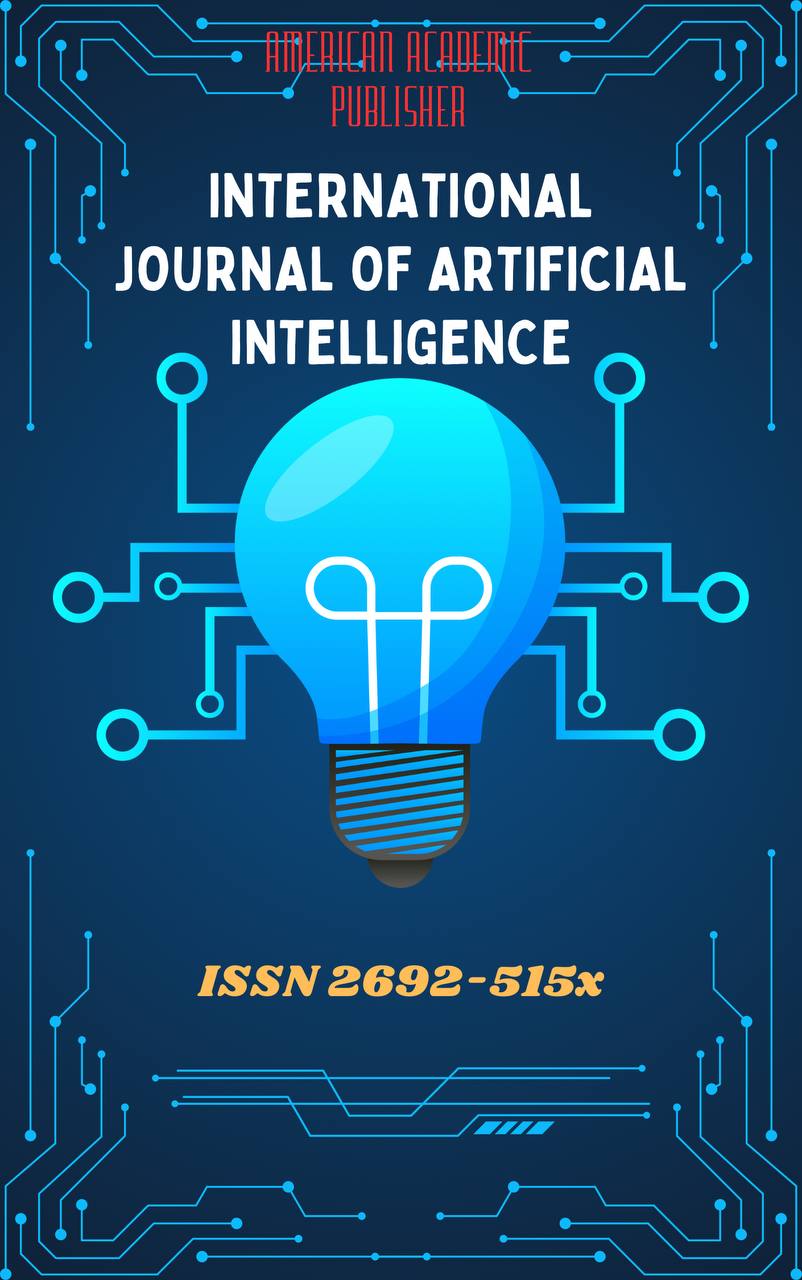 Articles
| Open Access |
Articles
| Open Access | THE PROCESS OF GLOBALIZATION AND ITS IMPACT ON NATIONAL ECONOMIES
Nodirabonu Dadaboyeva , Student of the Faculty of Economy, Andijan branch of Kokand UniversityAbstract
Globalization is one of the most significant phenomena shaping the modern world economy. It has accelerated the integration of national economies into a global system through the expansion of international trade, capital flows, technological innovation, and labor migration. While globalization has created vast opportunities for economic growth, competitiveness, and knowledge exchange, it has also introduced a range of challenges such as inequality, cultural homogenization, and economic vulnerability. The impact of globalization on national economies varies depending on a country’s level of development, institutional capacity, and integration policies. Developed nations have largely benefited from globalization through technological leadership and increased market access, while developing countries have experienced both opportunities for growth and challenges in terms of dependency and structural adjustment. This article analyzes the dynamics of globalization and evaluates its positive and negative consequences on national economies. It further explores the role of global financial institutions, international organizations, and multinational corporations in shaping economic outcomes. By examining case studies and existing research, the article aims to provide a balanced perspective on how nations can strategically harness the benefits of globalization while minimizing its risks, thereby ensuring sustainable development and inclusive growth.
Keywords
Globalization, national economies, trade, capital flows, technology, development, inequality, multinational corporations, sustainability, integration.
References
Stiglitz, J.E. (2002). Globalization and Its Discontents. New York: W.W. Norton.
Rodrik, D. (2011). The Globalization Paradox. Oxford University Press.
World Bank. (2020). World Development Report. Washington, DC.
IMF. (2019). Global Financial Stability Report. Washington, DC.
WTO. (2018). World Trade Report. Geneva.
Giddens, A. (1999). Runaway World: How Globalization is Reshaping Our Lives. Routledge.
Friedman, T. (2005). The World is Flat. Farrar, Straus and Giroux.
UNCTAD. (2021). World Investment Report. Geneva.
OECD. (2019). Globalization and Income Inequality. Paris.
Sachs, J. (2005). The End of Poverty. Penguin Books.
Baldwin, R. (2016). The Great Convergence: Information Technology and the New Globalization. Harvard University Press.
Krugman, P., Obstfeld, M., & Melitz, M. (2018). International Economics: Theory and Policy. Pearson.
Held, D., & McGrew, A. (2007). Globalization Theory. Polity Press.
Castells, M. (2010). The Rise of the Network Society. Wiley-Blackwell.
Article Statistics
Downloads
Copyright License

This work is licensed under a Creative Commons Attribution 4.0 International License.

